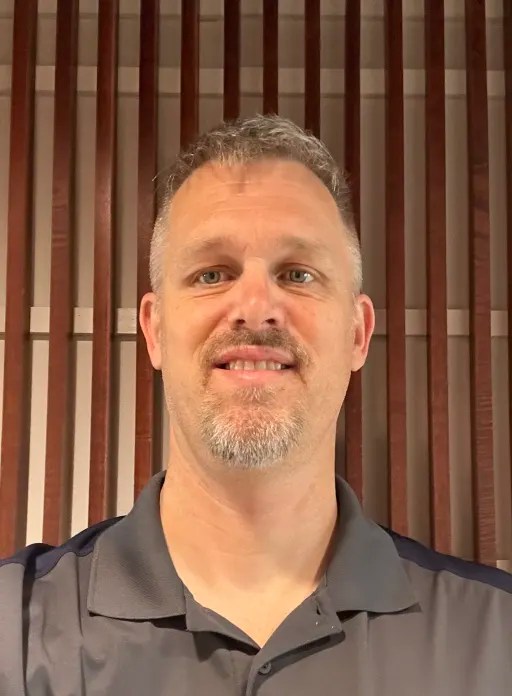OPINION: The politics of standing apart
Published 9:06 am Friday, August 1, 2025
Here are some recent headlines from a Substack column by an Oregon elected official:
“If You Think SNAP and Medicaid are for Freeloaders, You Might Be Talking About Me.” This concerns the broad social benefits of those programs and the help they gave him as a recipient.
“The Walkout Cult Isn’t Defending Liberty — It’s Burning It Down.” The column was a thoughtful, more than angry, takedown of the efforts in recent years by Republican state legislators to deprive the Legislature of a working quorum.
Trending
“We the People… Unless You’re the Wrong People.” The writer considers the discussion about constitutional rights applying to people who are in the country illegally, and concluding that they do and should.
A legislator of either major party might be pilloried for this one: “Elected Officials Don’t Swear Loyalty to Their Party.”
The twist is who wrote them: A Republican state legislator, albeit one whose recall is being sought by members of his own party.
He is Cyrus Javadi of Tillamook, and he said his columns, striking as they are coming from a 2025 Republican, are intended less to stake out an ideological position than to foster a broader conversation, a discussion about ideas that extends beyond bumper stickers and snarky memes and slogans.
While many elected officials nationally have focused increasingly on speaking to or with solely their base — when they do at all — Javadi has engaged with opposition in both parties, at length. He was driving through Tillamook recently and encountered a No Kings protest against the Trump administration. It was several hundred sign-carriers strong, and Javadi stopped to talk with the people there for close to an hour.
He wrote of it later: “Some people were surprised. Some didn’t know who I was. Some did, and weren’t thrilled. One man wouldn’t shake my hand. One woman cried (tears of joy). Another asked me about reproductive rights. Most said something along the lines of: ‘Thank you for being here. It means a lot.’”
Trending
Is this approach — something many Americans say they want from their elected officials — exportable? And even for Javadi, is it politically sustainable?
A dentist by profession, Javadi differs from most Oregon legislators in that he represents a politically divided district. His 32nd House District has a few more registered Democrats than Republicans, but more nonaffiliated voters than either, and its votes for major offices have been closely contested in recent elections. He won the general election in 2022 with 51.2% of the vote, and in 2024 with 52.1%, both among the closest Oregon legislative races in those years.
In his successful race in 2022, Javadi’s enthusiastic backers included Katrina Nelson, who commended him as “coming into this national battle for freedom with an open mind and an open heart.”
This year, the Clatskanie resident is spearheading a recall drive against him, arguing in her petition, “First, he’s out of touch with the majority of his constituents as evidenced with his vote in favor of keeping porn in school forever, (SB1098). Second, he voted in favor of HR3, in support of recognizing black drag queens. Which does not reflect conservative moral order and values. And third, he has failed to clarify his position on the biggest tax increase in Oregon history HB2025.”
Javadi responded that the first two comments misrepresented the legislation in question, and he had no chance to vote on the third (the transportation funding bill).
But the tone of Nelson’s statement and the contrast with her earlier endorsement suggests a sea change in local Republican attitudes, and Javadi did acknowledge “I’m off the reservation at this point.”
Whether he’s “out of touch with a majority of his constituents,” as Nelson contends, is another matter. He probably has run afoul of many Republican organizations, but he may be on track with the majority of the registered voters in the district who are not Republican.
That may indicate he would fare well in a recall election, if it happens, and in the next general election, while the next primary — which could generate an in-party contest — could be competitive.
Javardi may have a strong asset even there, though.
“People can sniff out when you’re not being authentic,” he said.
That still may be harder to pull off in a district more heavily dominated by either major party. In a more competitive environment, it might be enough.
Randy Stapilus has researched and written about Northwest politics and issues since 1976 for a long list of newspapers and other publications. A former newspaper reporter and editor, and more recently an author and book publisher, he lives in Carlton.







